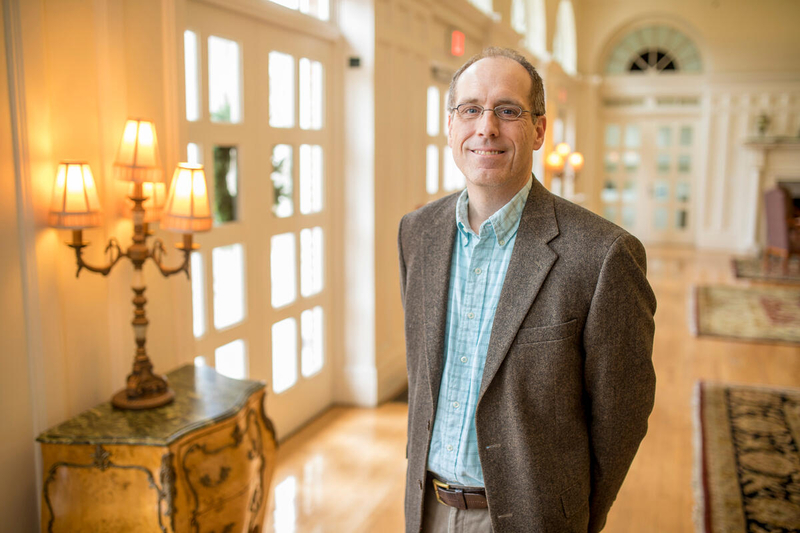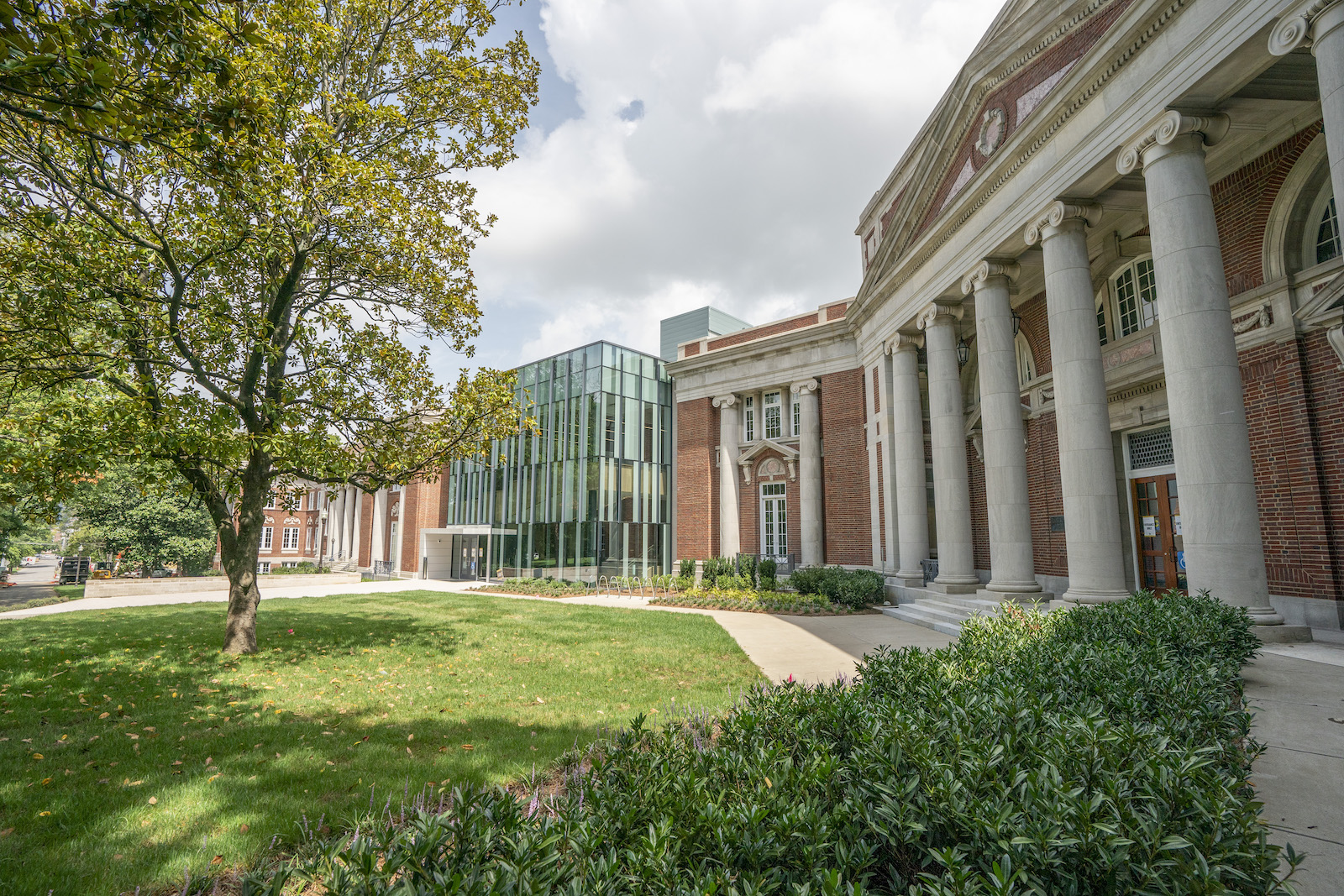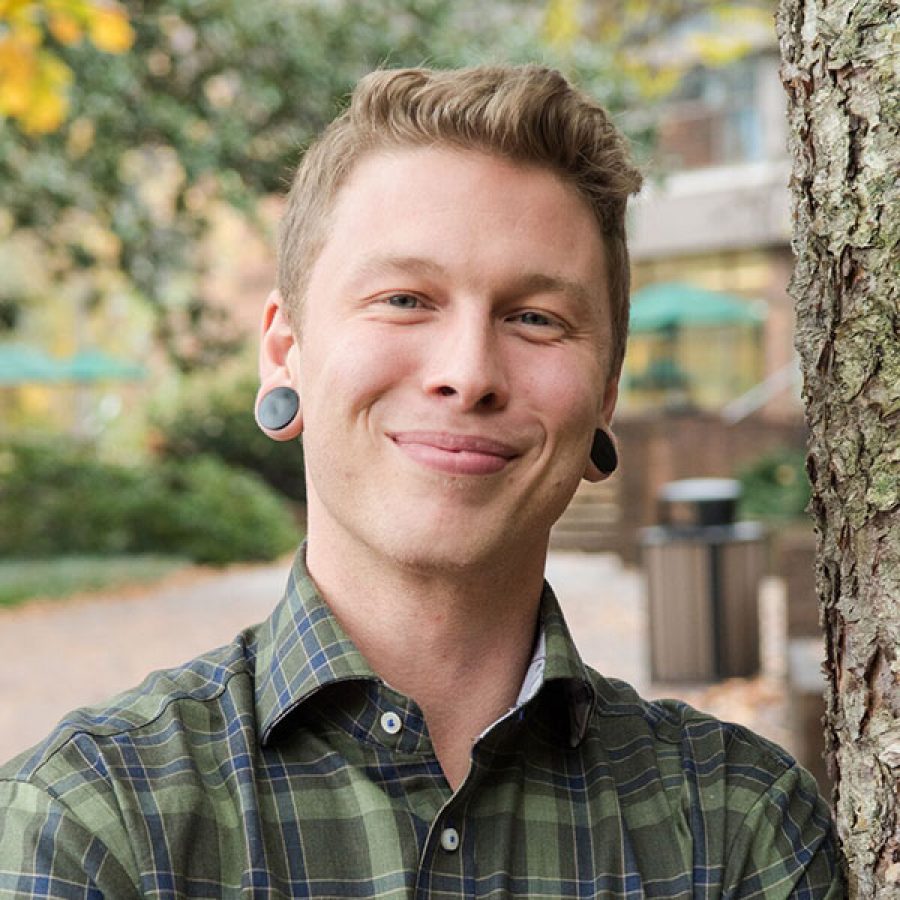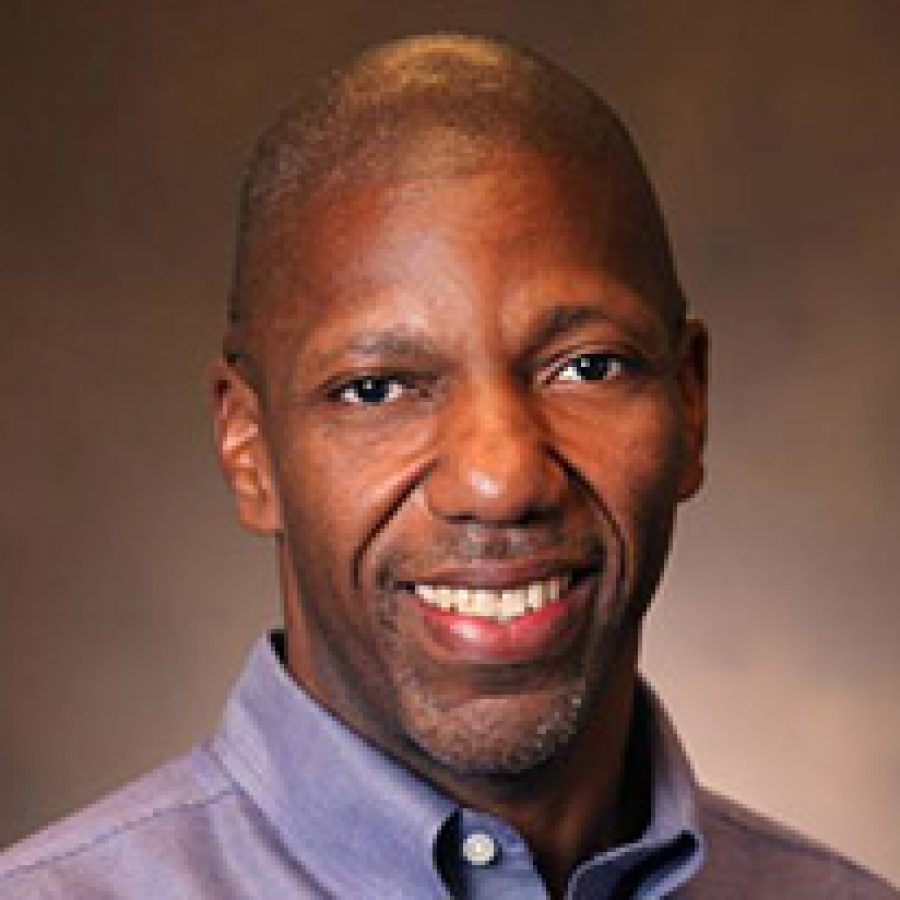Quick links
Program Overview
Prepare to work effectively with a broad range of individuals and communities in the Human Development Counseling (HDC) program. Whether you pursue Clinical Mental Health Counseling (CMHC), School Counseling (SC), or a dual specialization, our program equips you to apply theory and research to meaningful, ethical counseling practice across varied settings.
The HDC program offers a dynamic and supportive learning environment where you’ll gain a strong foundation in human development, counseling theories, and evidence-based strategies for promoting change. Courses emphasize practical skill-building, professional growth, and collaboration with faculty and community partners. Through classroom instruction and hands-on field experiences, students develop the insight, critical thinking, and professional tools needed to engage respectfully, innovatively, and effectively with individuals from a wide range of backgrounds and lived experiences.
Mission and Program Objectives
Careers in Human Development Counseling
Specializations
Our Human Development Counseling program offers three curriculum tracks:
- Clinical Mental Health Counseling: Graduates often pursue Licensed Professional Counselor (LPC) licensure. They find careers in for-profit or nonprofit agencies, private practices, higher administration, or as school-based mental health counselors in private or charter schools. Some graduates continue their education with doctoral studies in counseling or related fields.
- School Counseling students often obtain licensure and work as school counselors in public or private K-12 settings. Through a preventative lens, school counselors support students through critical growth years in partnership with student families and the school community. By creating developmentally appropriate programming, school counselors guide student emotional well being and lay the foundation for academic success and career exploration. Some graduates go on to doctoral study in counseling or related fields.
- Dual Track Option: This track prepares students for Clinical Mental Health Counseling and School Counseling licensure. Graduates have the flexibility to work in both fields and may also pursue doctoral studies in counseling or related areas.
Program completion time: 3 years (fall & spring semesters with some summer course options)
Program Facts
Program Directors: Jessica Tyler (Clinical Mental Health Counseling)/ Nicole Cobb (School Counseling)
Program Coordinator: Tonya Brown
Admission Term: Fall
Credit Hours: 60 for CMHC and School Counseling tracks, 66 for dual
CACREP accredited through March 31, 2030.
Applications for Fall 2026 for all tracks will open in early August, with a Priority Decision 1 date of December 1.
Key Application Dates
-
Priority Decision 1
December 1*
-
Priority Decision 2
January 3
-
Rolling Decision
After January 3
*For more information on application dates and requirements, and the benefits of Priority Decision, see the How to Apply page.
Request Information
Discover how an education in child and adolescent development aligns with your career goals.
Program Curriculum
Build a solid foundation in human development and evidence-based practices in Clinical Mental Health Counseling, School Counseling, or Dual tracks. All courses are held in person on Vanderbilt’s campus.
A 3-semester (5-semester for Dual track) internship experience allows you to apply your knowledge and skills in real-world settings.
Clinical Mental Health Counseling
The Clinical Mental Health Counseling track is a 60-credit-hour program designed to equip you with the skills and knowledge needed for professional counseling practice. A key program component is a three-semester internship, where you'll gain hands-on experience under expert supervision in a mental health center, private practice, college counseling center, integrated behavioral health program, or social service agency.
School Counseling
The School Counseling track is a 60-credit-hour program that prepares you for a rewarding counseling career in education. The curriculum includes 51 credit hours of core courses, and 9 credit hours of electives tailored to your interests. A full-year internship in a variety of school settings provides practical experience to complement your studies.
Dual Track: Clinical Mental Health Counseling and School Counseling
The Dual Track program combines Clinical Mental Health Counseling and School Counseling specialties in a comprehensive 66-credit-hour curriculum. It includes five internship semesters with placements in both school and clinical counseling settings, offering diverse, applied experience under multiple mentors and site supervisors.
Coursework
Passing Rates, Degree Completion Rates, Job Placement Rates, and Program Outcome Reports
Teacher Pathway Scholarship
Selected Faculty Research



